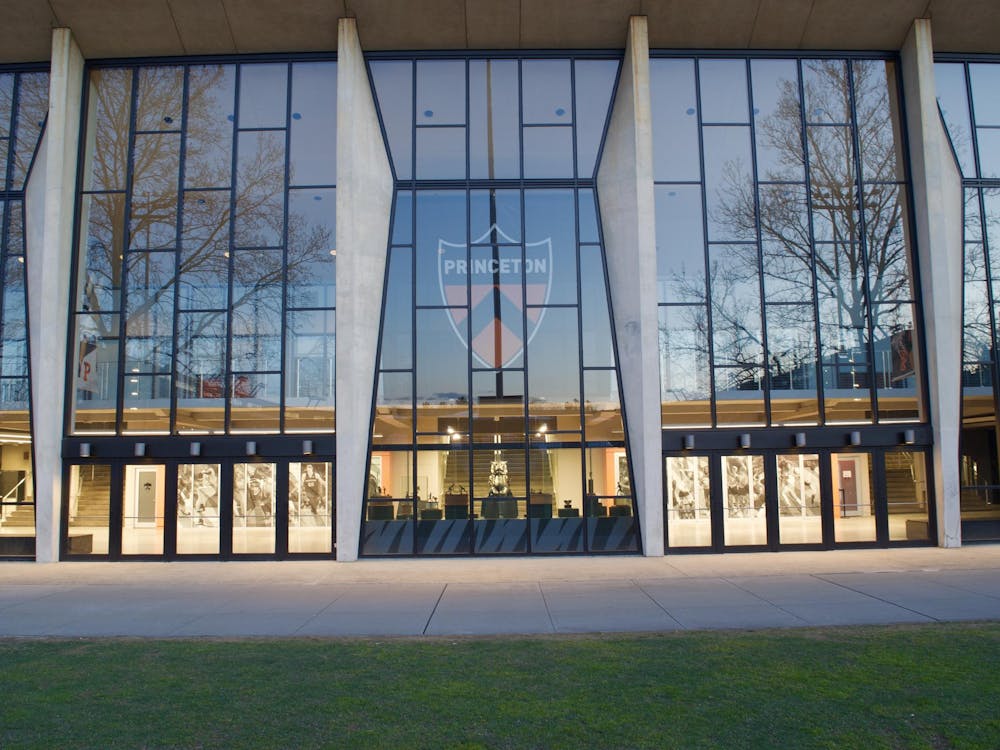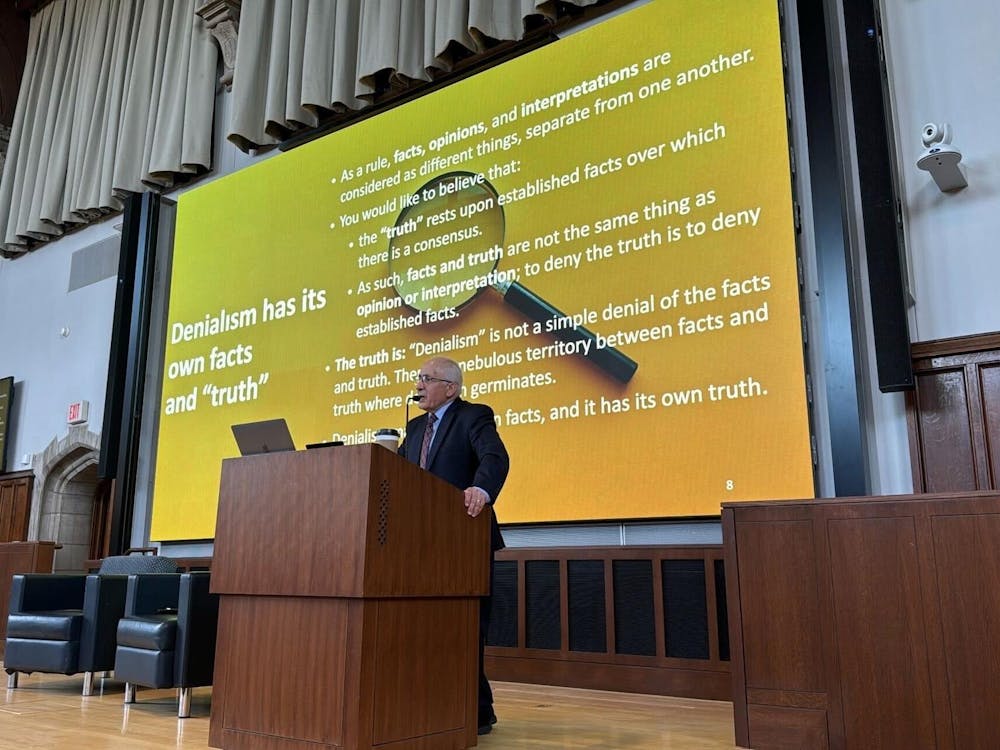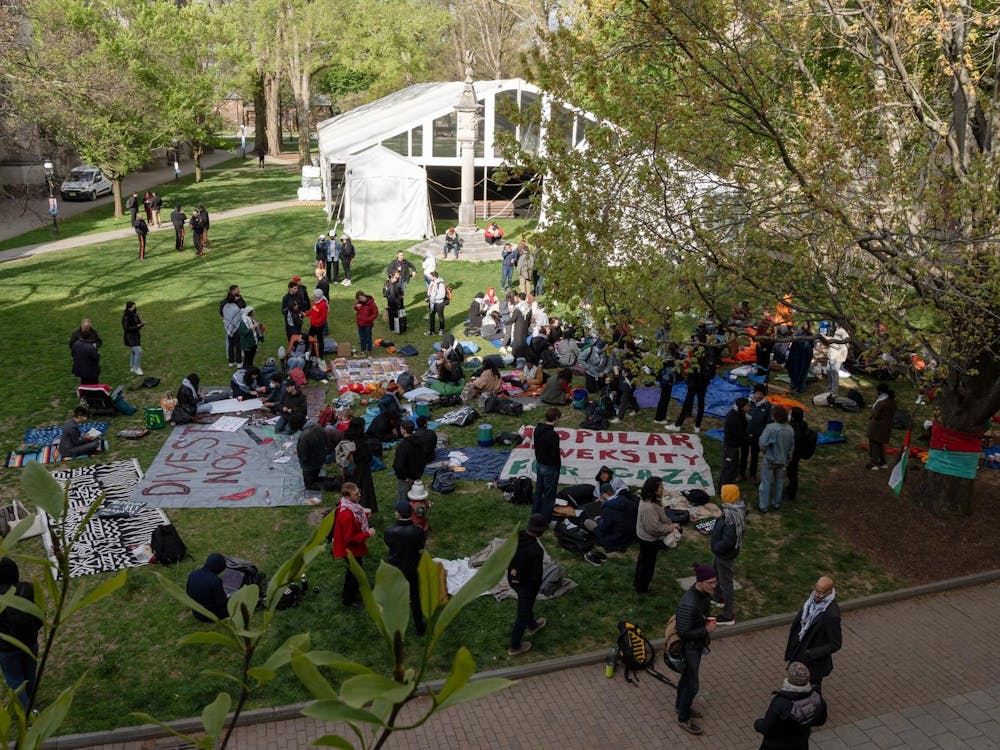The Drexel University student who died March 10 from meningitis met a number of Princeton football players at a social mixer a week before her death, local health authorities said.
Stephanie Ross reportedly had close contact with one Princeton football player, Princeton Health Officer Bob Hary reportedto the Princeton Health Commissionon March 18, according to Planet Princeton. The studenthad received both doses of the meningitis vaccine. The otherfootball players present at the mixer had been vaccinated as well.
Additionally, the Centers for Disease Control and Prevention announced Tuesday thatthe strain of meningitis responsible for her death was also responsible for the meningitis outbreak at Princeton.
CDC spokesperson Jason McDonald said that after Drexel student Stephanie Ross died of a meningitis infection on March 10, the Philadelphia Department of Public Health and Drexel University provided them with isolates from the deceased woman to compare with known isolate samples from meningitis patients at Princeton. Genetic fingerprinting showed that the strain of meningitis, serogroup B, was the same in both cases.
Ross had attended a social mixer at Drexel along with 25 to 30 members of the Princeton football team and three other Princeton community members, Hary explained.
"The case points out what a lot of people didn’t realize — just because you do a human vaccination campaign, it doesn’t mean you will prevent the disease from spreading,” Hary said at the meeting. “Some people are carriers. That is the best guess from the CDC as to how this occurred … Does the vaccination decrease the probability of being a carrier? We are in uncharted water. Clearly from the most recent case it is not 100 percent effective.”
Hary did not respond to a request for comment. In addition, aroundhalf a dozen football players did not respond to requests for comment about the mixer.
McDonald explained that people who have been exposed to bacterial meningitis can still carry the disease even if they do not show symptoms, as the bacteria can lodge in their nose or throat. The bacteria are spread through close personal contact such as kissing or sharing food or utensils.
The University has been repeatedly reminding students about the importance of hygienic practices such as washing hands and avoiding close personal contact, and McDonald said that he thinks the University has done a good job communicating those measures.
However, the CDC has said that as the disease is not highly contagious, there is no reason for the University to limit social interactions or travel to the University.
“Students at both [Drexel and Princeton] should be especially vigilant to the signs and symptoms of meningococcal disease and seek urgent treatment if suspected,” the CDC said.
University Spokesperson Martin Mbugua noted that Princeton released an email explaining the connection between the Drexel death and the Princeton outbreak when the CDC announced the result of its findings on March 18. Althoughthe press had already reported on a connection between the strains on March 14, the CDC’s test results had not come out yet, he said.

Ross, a sophomore at Drexel studying mechanical engineering, was found unresponsive at her sorority house on March 10 and died later after being taken to Penn Presbyterian Medical Center.
Drexel said in a statement that it has identified and provided prophylactic antibiotics to anyone who may have been exposed and is continuing to make prophylactic antibiotics available at the Student Health Center to students who have had close contact with the infected student. As the CDC does not indicate vaccination as a method of prophylaxis for a single case of meningococcal infection, Drexel will not be providing vaccines as the University has done.
Infection by serogroup B of the meningococcal vaccine was confirmed in seven University students and one campus visitor between March 2013 and November 2013, and the University launched mass vaccinations on campus onDec. 8-11, 2013 andFeb. 17-20, 2014.
The University will be holding two more vaccination clinics from 1 p.m. to 7 p.m. on March 26 and March 27 for students who were unable to receive vaccinations earlier. Eligible individuals will be able to receive both the first and second dose.








